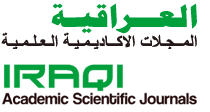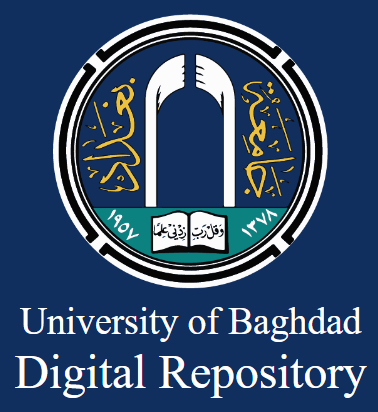Numbers and Its Uses in the Al-Abbass Holy Shrine
DOI:
https://doi.org/10.35560/jcofarts81/145-170Abstract
The present research studies numbers and its uses in the Islamic ornament. The study consists of four chapters; the first is dedicated to the problem of the research, the value of the study, and the aim of the study, and its limit. The problem of the study deals with the uses of numbers in Islamic ornament and how these numbers were used for aesthetic purposes. What are the analytical bases that enable us to read the geometrical compositions ornament numerically? The value of the research is the study forms an analytical and visual study of the numbers in the Islamic ornamentation. Additionally, this study is an aesthetic assessment to the philosophy of the number and its uses in Islamic architecture. The study is limited to the ornamentations of Al-Abbass Holy Shrine during the priod (1980- 2015). The second chapter combines the theoretical part, which studies the numbers in the Holy Quran, the geometrical compositions and their uses in the ornamentations. The third chapter is dedicated to the practical part, which discusses the population of the study, which consists of 25 ornamentation compositions, and the sample of the study consists of 5 samples. It also mentions the the reliability and the validity of the study. The fourth chapter comprises the results, conclusions, and the recommendations and suggestions. the conclusions are:1.The value of number 1 is the origin of all the numbers because number 1 is associated with God. 2.The geometry of the of the ornaments are related to nonrepresentation the shape of the star for example is related to the circle. The origin of the circle is square and the origin of the square is the right angle triangle, which is the origin of all shapes. Search and adopted a set of recommendations and proposals, the list of sources and supplements.Key words: (Islamic ornamentation, number and Achtgalath, Al-Abbass Holy Shrine)













